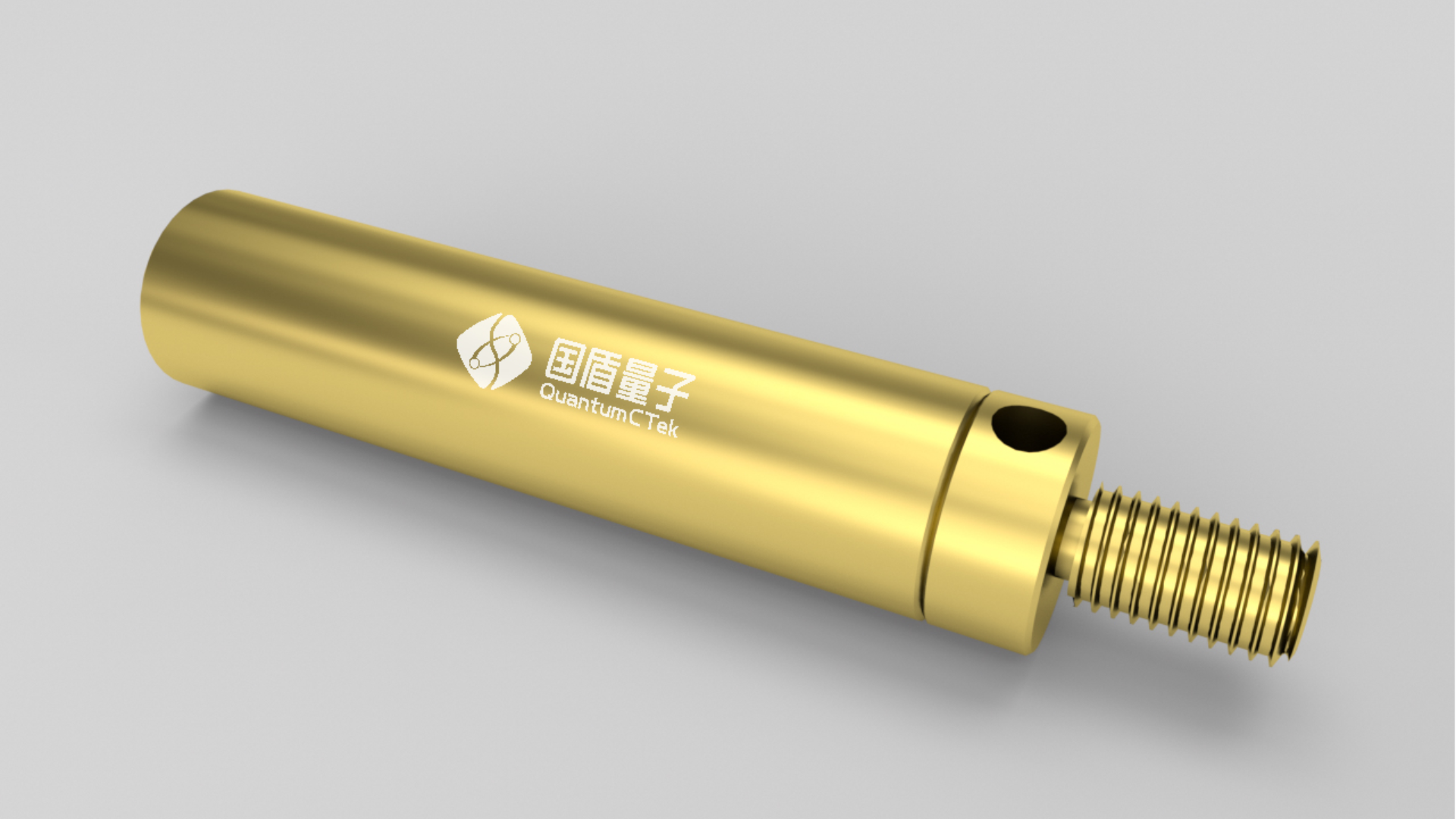Chinese researchers achieved a breakthrough in quantum computing with a high-performance ruthenium oxide thermometer resistant to interference.
The breakthrough was made by Chinese scientists at the Anhui Quantum Computing Engineering Research Center. The thermometer developed by QuantumCTek achieves a starting temperature near 6 millikelvin (mK), setting a new record in China and advancing the country’s ultra-low temperature measurement technology for superconducting quantum computing to the global forefront.
According to Chinese expert Li Xu from QuantumCTek, “absolute zero,” at approximately minus 273.15 degrees Celsius (0 Kelvin), is commonly known as the “lowest temperature in the universe.” It represents the theoretical limit for achievable thermodynamic temperatures.
Using ruthenium oxide thermometers to monitor a quantum chip’s temperature is essential for ensuring stable quantum computer operation and improving the accuracy and reliability of their calculations.
Quantum chips require near ‘absolute zero’ to prevent information loss
Li also added that quantum chips require operation near “absolute zero” because quantum states are extremely delicate. Even the smallest temperature variation can cause quantum information loss.
Therefore, accurate monitoring of a quantum chip’s temperature using ruthenium oxide thermometers is crucial for ensuring stable operation of quantum computers.
According to Li, this enhances the accuracy and reliability of calculations performed by these powerful machines.
Wang Zhehui, deputy director of the Anhui Quantum Information Engineering Technology Research Center, said that the new thermometer as a significant advancement for China’s capabilities in the superconducting quantum computing industry chain.
Another milestone in the series of breakthroughs for Chinese scientists
Recently, Chinese scientists achieved another breakthrough in quantum computing infrastructure. The Anhui Quantum Computing Engineering Research Center in Hefei City, Anhui Province, successfully produced the Origin SL1000 dilution refrigerator, which positions China at the forefront of dilution refrigeration technology and marks a significant advance in the global quantum computing landscape.
The dilution refrigerator, essential for superconducting quantum computers, creates an ultra-cold environment near absolute zero to operate quantum chips. The new Origin SL1000 model offers significant improvements in space and cooling efficiency compared to earlier versions.
“The Origin SL400 accommodates 336 extremely low-temperature, special high-frequency coaxial cables, whereas the Origin SL1000 can house 840 cables, meeting the demanding criteria for establishing operational environments for 100+ bit superconducting quantum chips,” explained Zhang Junfeng, a representative from the Anhui Provincial Quantum Computing Engineering Research Center.
Zhang compared upgrading from the Benyuan SL400 to the Benyuan SL1000 to increasing an air conditioner’s horsepower from 1.5 to 3, highlighting a significant performance improvement.
Dilution refrigerators are evaluated based on their cooling capacity, which is crucial for maintaining the ultra-low temperatures necessary for quantum computing operations.
ABOUT THE EDITOR
Bojan Stojkovski Bojan Stojkovski is a freelance journalist based in Skopje, North Macedonia, covering foreign policy and technology for more than a decade. His work has appeared in Foreign Policy, ZDNet, and Nature.



